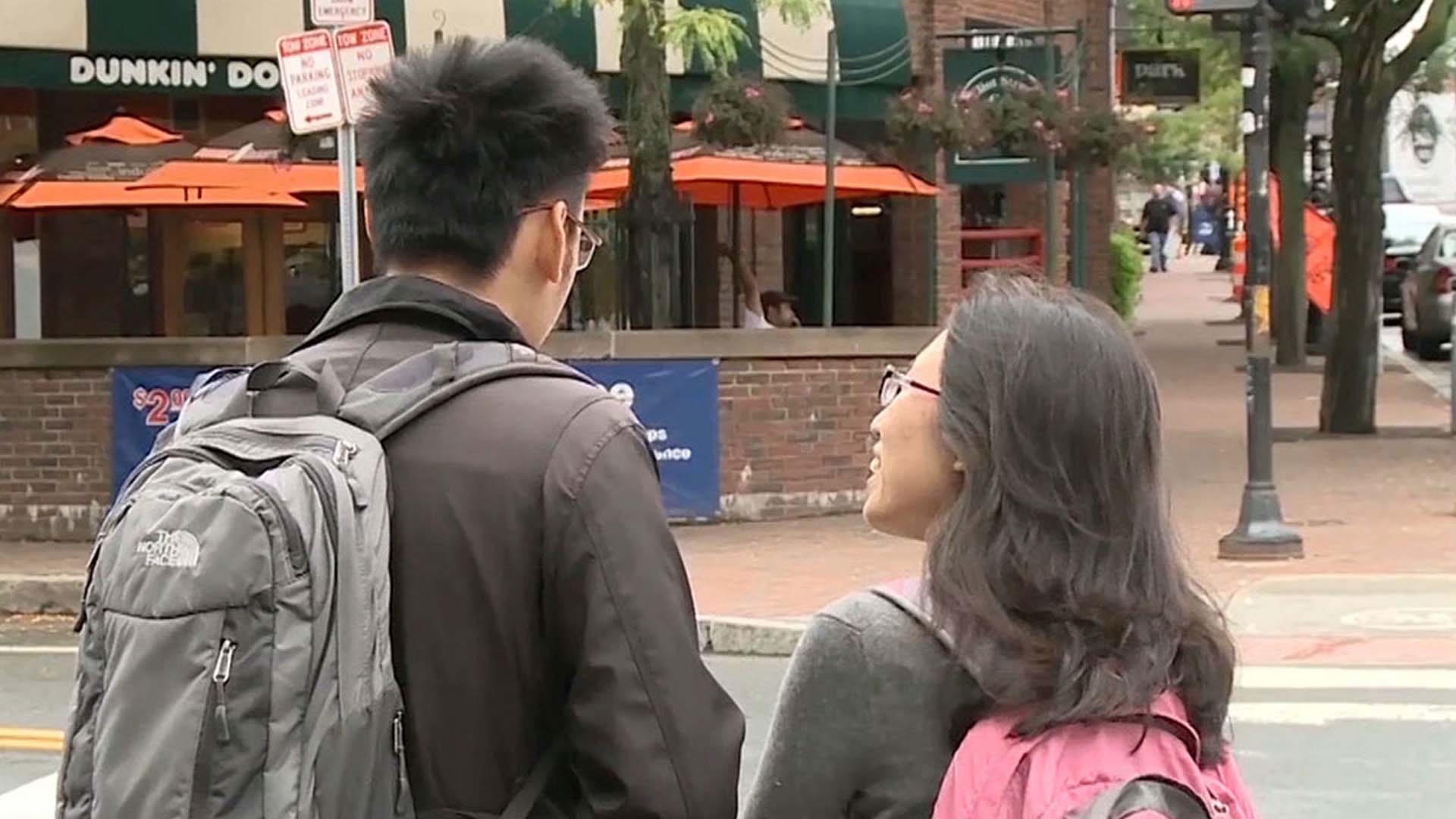
Culture
10:30, 18-Dec-2017
Number of international students in US on the decline
By CGTN America

The number of new international students arriving in the US has fallen for the first time in more than a decade.
Foreign enrollments had been increasing for the past 12 years.
Almost half of the 500 schools surveyed reported a drop averaging around seven percent. The most significant reduction came from two countries: Brazil and Saudi Arabia. Both recently cut back on their international scholarships.
The number of new students from China and India has continued to grow but at a slower pace.
The Institute of International Education (IIE), which published the report, said part of the problem is greater competition from other host countries.
"I mean, everybody wants bright international students, and Australia, Canada, the UK are particularly eager," said Peggy Blumenthal, Senior Counselor to the IIE's president.
"But," she adds, "there are other countries around – in the Asian region, for example – that are also starting to recruit. China is becoming actually a host country as well as a sending country for international students."
Pace University in New York City has students from 117 countries. It hasn't seen its applications drop, but its president, Marvin Krislov, is concerned about the data. He said international students are a huge asset.
"I think international students really contribute to the education of our students and faculty," he said. "Because so much of our education is focused globally, and to have those perspectives really contributes to the discussions in the classroom."
International students are also a vital source of revenue. Unlike US students, they usually pay full tuition.
"This helps the universities keep departments open, keep scholarships available for US students, keep faculty members on board," Blumenthal explained.
Overall, it is estimated that international students contribute up to 39 billion US dollars to the US economy every year through tuition payments, housing, travel and more.
The three percent drop in new international students cannot be attributed to US President Donald Trump – the data predates his election – but the worry in US higher education is that his views on immigration hurt applications.
"We all are watching," Krislov said, "and we all want to make sure that the message – the communication is we're very clear – we are still welcoming for international students."

SITEMAP
Copyright © 2018 CGTN. Beijing ICP prepared NO.16065310-3
Copyright © 2018 CGTN. Beijing ICP prepared NO.16065310-3